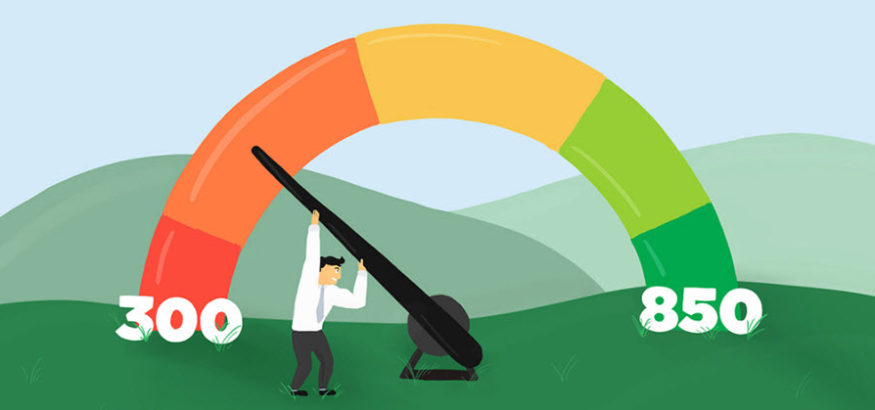How to Establish a Credit Score
For better or for worse, your credit score is one of the most important numbers in your life. Your credit score will impact your ability to apply for a loan, the amount of time you’ll be allowed to pay the loan back, and the interest rate associated with the loan.
Naturally, even if you don’t have a major need for credit in the status quo, it is important to try to establish as high of a credit score as you feasibly can. This way, if you ever need to borrow money in the future (such as for a car, a home, or a holiday), you will have a wider range of options available.
What goes into a credit score?
There are many different variables that can potentially impact your credit score. In general, the purpose of your credit score is to demonstrate to possible lenders the likelihood that if you were to borrow from them, you would be able to pay them back in full and on time.
Your credit score is primarily generated from your credit history. If you have a history of borrowing money and paying it back as you agreed (or even paying it back early), then your credit score will be higher.
There are generally two different types of people who have what is considered a ‘poor’ credit score. The first type are those who have borrowed money in the past but took longer than agreed to pay it back or even failed to pay it back altogether. The other type are those who have little to no history of borrowing from lenders at all.
Though it is usually easier to improve a limited credit history than it is to improve a poor credit history, many lenders are still reluctant to take many major chances. Your credit score can also be affected by the number of times it has been checked—this indicates to banks that many other lenders have also been looking into lending to you.
How can I improve my credit score?
Fortunately, even if you have a less than perfect credit score in the status quo, there are many things you can do to change it.
The best way to improve your credit score is by always paying any loans and bills you have in full and on time. If you can pay them back early, that’s even better.
Many people try to improve their credit score by taking out an additional line of credit that they know they will be able to pay back. For example, using a credit card once a month to only buy a cup of coffee (and then paying your credit card bill on time) will improve your credit score and demonstrate to potential lenders that you are a reliable person to lend to.
By understanding what goes into a credit score and doing everything you can to be a responsible borrower, you can really improve your perceived lendability.
Check out these additional great articles on credit
- How to improve your credit score for home purchase
- Understanding the different levels of bad credit

